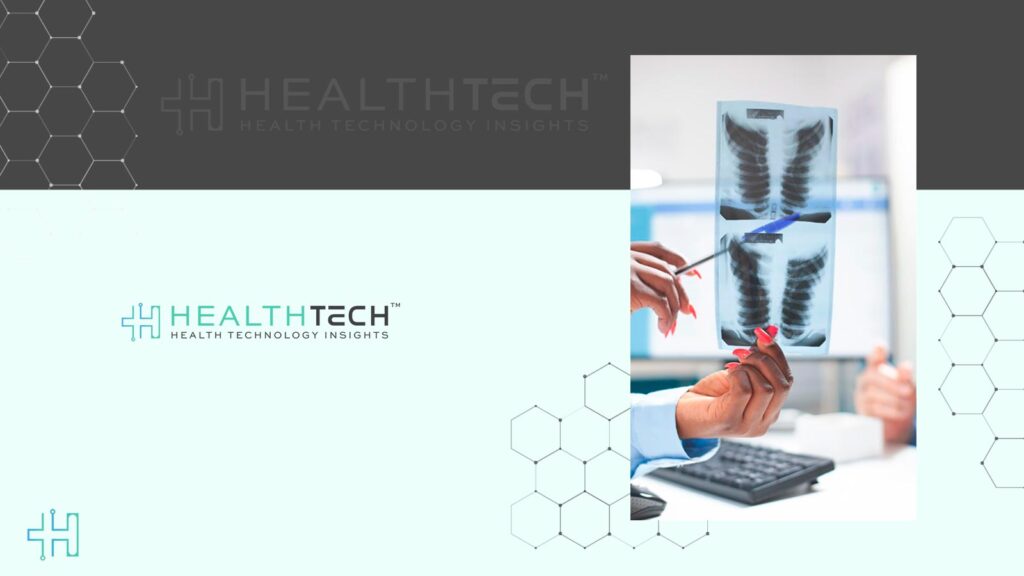Define Ventures’ new report reveals how C-suite pharma leaders are rapidly evolving their AI strategies — and what this acceleration means for Big Tech and health tech startups.
The pharmaceutical industry is rapidly embracing artificial intelligence due to the increasing time pressure to enhance drug development efficiency and seize new strategic opportunities.
Health Technology Insights: Nymbl Appoints Josh Davidson as Chief Technology Officer
A latest report from define ventures indicates that most major pharmaceutical companies are at a crossroads in their ai experience, transitioning from proof-of-concept pilots to mass adoption in an effort to revolutionize r&d, manufacturing, and commercial functions. According to the report, the use of artificial intelligence (ai) technologies by major pharmaceutical companies is no longer a matter of speculation but a crucial operational priority. Companies are investing significantly in artificial intelligence-driven drug discovery, streamlining clinical trials, and developing personalized medicine solutions to expedite timelines and reduce costs.
The changing competitive landscape and increased regulatory scrutiny push firms to innovate faster by utilizing advanced data analytics and machine learning techniques. Lynne Chou O’Keefe, Define Ventures founder, a partner at ventures, stated, “The pharmaceutical industry is undergoing a significant transformation.” Ai is becoming more and more important to deal with the growing complexity and limited resources in drug discovery. Organizations that effectively integrate artificial intelligence will gain a competitive edge by improving productivity and fostering innovation. The report also emphasizes that while the potential of artificial intelligence (ai) is widely recognized, obstacles persist in terms of data quality, integration across different systems, and the preparedness of the workforce. Numerous organizations are addressing these challenges by establishing specialized ai teams, forging strategic alliances with technology companies, and prioritizing the creation of transparent and compliant ai solutions that adhere to regulatory requirements. This collaborative approach ensures that ai initiatives are in line with both scientific objectives and ethical guidelines. Ventures emphasizes that the adoption of artificial intelligence (ai) is gaining momentum in the drug development process, with notable accomplishments in target discovery, biomarker identification, and patient recruitment for clinical trials serving as evidence of its effectiveness.
Health Technology Insights: Fujitsu, Acer Trial AI to Detect Elderly Disease Risk via Gait
These are enabling pharmaceutical companies to make quicker and more informed choices, ultimately improving patient outcomes. In the realm of research and development, artificial intelligence (ai) is also being utilized for supply chain optimization, manufacturing process optimization, and commercial strategy enhancement, underscoring its widespread impact across the entire pharma value chain. In summary, the report suggests that big pharma AI adoption is progressing towards a new phase characterized by increased integration and broader influence.
The ability to harness artificial intelligence (ai) effectively will play a crucial role in determining future industry leaders. As investment and innovation persist, organizations that adopt a strategic and ethical approach to implementing ai will have a competitive advantage in the increasingly complex healthcare environment.
Current AI Investment Is Focused on Low-Risk, High-Impact Efficiency Gains
Pharma companies are prioritizing AI investments in areas where risk is low and returns are immediate — with a clear emphasis on improving operational efficiency. Every executive surveyed said success in AI must include reducing administrative burden and improving workforce productivity.
One standout example: 94% of respondents identified medical writing as a top AI priority for the next year. This reflects a strong appetite for automation in areas that are high-volume but carry minimal regulatory or reputational risk.
Pharma Moves Faster Than Its Healthcare Peers
Pharma organizations are also outpacing peers in operational readiness. 80% have formal AI governance committees, compared to 73% of payers and providers — a sign of growing institutional alignment across data, technology, and business leadership.
Health Technology Insights: Codoxo Achieves NIST 800-53 Revision 5 Compliance for Second Consecutive Year
To participate in our interviews, please write to our HealthTech Media Room at sudipto@intentamplify.com
Source- PR Newswire



